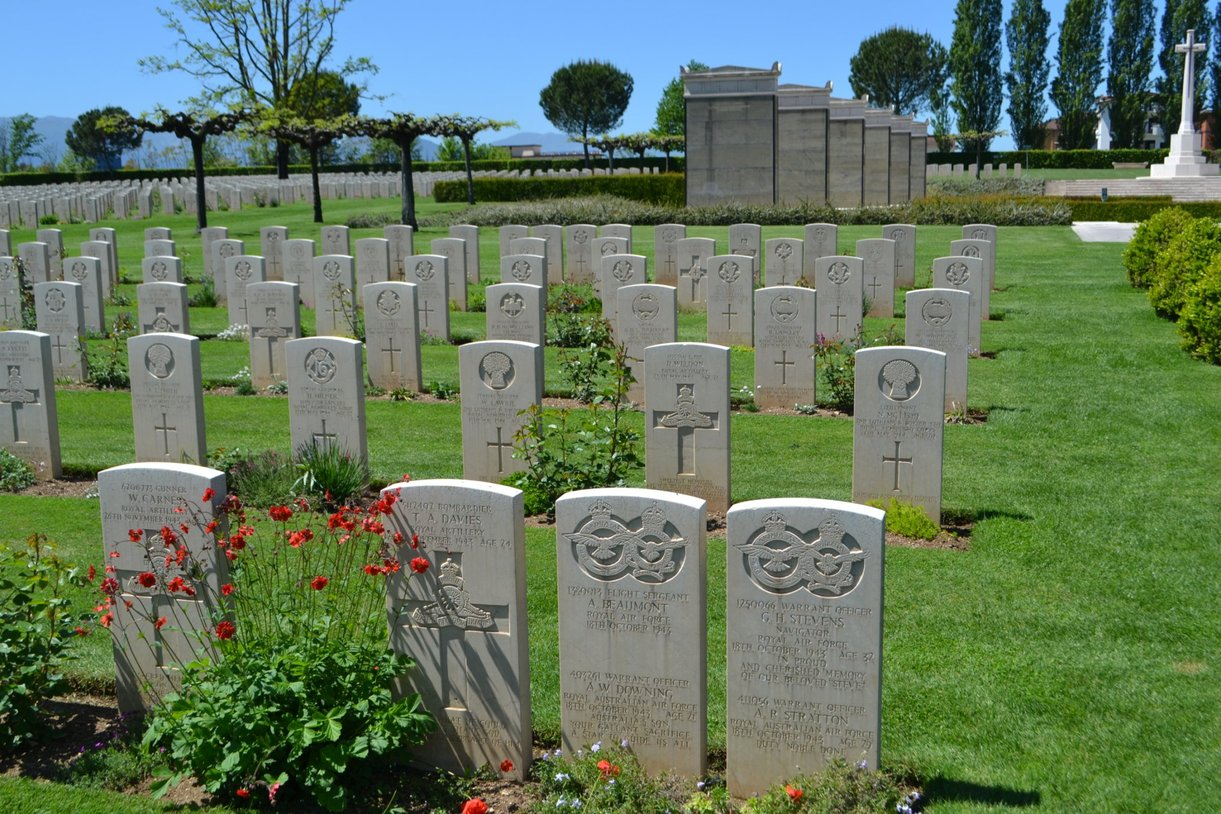We experienced a new kind of loss in 2023. My mother-in-law passed away in November; she had lived with us for 4 1/2 years. This is the first time I (or Lisa) have lost a member of our own household.
We especially miss Mary in small, unexpected ways, like not seeing her in her favorite chair, or not ordering her dish for takeout. The holidays felt a little emptier without her presence.
In her last few weeks, we also were blessed with the ministry of Hospice. A friend urged us to enlist their help, and WOW, what a help they were! Hospice ministers to the whole family. They lovingly serve the patient, listening to every concern and monitoring all the medical things. They also listen to the caregivers and answer every question. They deal with the medical, the practical, and the emotional elements of care.
Hospice also cared for Lisa's dad when he passed away last spring near Wilmington. They cared for him and us at their residential facility, and allowed us to make sweet memories in his last days.
These recent experiences have led me to ponder our American death culture. We are not good at dealing with death. Our culture spends so much energy pretending that people don't usually die. Our healthcare industry keeps people alive at all costs.
Years ago I heard a financial advisor lament that so many clients make plans, saying, "If anything happens to me..." "What do they mean if?" he wondered. People don't want to acknowledge that they will die.
Today a member of our church worship team suggested (in conversation) that we have celebrations of life for deathly ill people. They can attend their own funerals and hear the kind words of friends and family. When the person finally dies, the burial can be done quickly and simply.
What would a better culture of death look like?
- More conversations with loved ones about end-of-life plans
- Less healthcare emphasis on extending life with heroic measures
- More honor to the elderly in film and media
- Less stigma for talking about death in everyday conversations
- More encouragement to reflect on a life well lived
